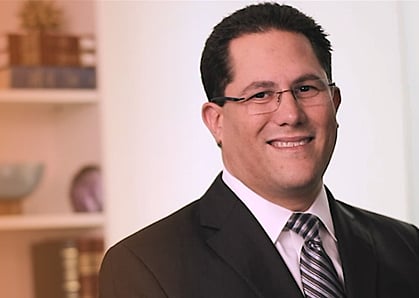Michigan State University v. Asbestos Settlement Trust (In re The Celotex Corp.)
Citation: --- F.3d ----, (No. 10-13641), 2012 WL 5410028 (11th Cir. Nov. 6, 2012)
Ruling:
Although a district court, at its discretion, may review interlocutory judgments and orders of a bankruptcy court pursuant to 28 U.S.C. 158(a), a court of appeals only has jurisdiction over final judgments and orders entered by a district court or bankruptcy appellate panel sitting in review of a bankruptcy court pursuant to 28 U.S.C. 158(d). In other words, only where the district court exercises appellate jurisdiction does the court of appeals have jurisdiction to review the resulting decision. Because the district court dismissed the appeal and declined to exercise jurisdiction, the court of appeals lacks jurisdiction over the appeal.
Procedural context:
Appeal from district court's dismissal of interlocutory appeal of bankruptcy court's order holding that under terms of plan and section 524(g), bankruptcy court had exclusive jurisdiction to hear breach of fiduciary duty claims against asbestos trust.
Facts:
Asbestos Settlement Trust (the "Trust") was created in bankruptcy case in 1996 to pay asbestos mass tort claims for bodily injury and property damage against in Celotex Corp. and Carey Canada, Inc. Appellants are educational institutions that filed property damage claims against the Trust, which claims were denied as not meeting prerequisites for payment. The colleges objected to the denial of their claims, prompting the Trust to bring the matter before the bankruptcy court via adversary proceeding for declaratory relief. Based on the Eleventh Circuit's decision in Asbestos Settlement Trust v. City of New York (In re Celotex Corp.), 487 F.3d 1320 (11th Cir. 2007), the Trust reversed course, agreed to pay the claims under a formula used in that case, and sought to dismiss the adversary proceeding. The colleges objected because the payment did not include interest at the federal judgment rate or damages for the breach of fiduciary duty in denying the original claim. The bankruptcy court dismissed the declaratory judgment proceeding and held that the plan governing the Trust did not provide for interest, but allowed the colleges to pursue the damages claim in a new bankruptcy court proceeding. The colleges sought to sue the Trust in a forum other than the bankruptcy court, and the bankruptcy court denied the motion holding that it had exclusive jurisdiction under section 524(g) and the Celotex plan of reorganization over breach of duty claims against the Trust. The district court denied leave to appeal the bankruptcy court's interlocutory order and the colleges appeal the order denying leave and dismissing the appeal to the court of appeals.
Judge(s): BARKETT, JORDAN, and HALL (District Judge, sitting by designation) .
